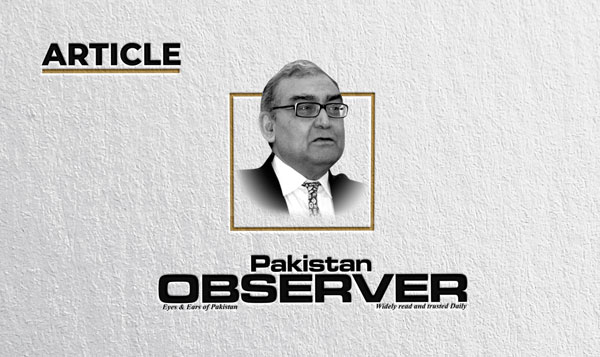The situation of personal liberty in India
IN his Hamlyn Lecture, Lord Denning, the celebrated Judge of England, said ‘’ Whenever one of the King’s judges takes his seat in Court there is one application which by long tradition has priority over all others, and that is an application for a writ of habeas corpus.
The counsel has only to say ‘ My Lord, I have an application which concerns the liberty of a subject’, and forthwith the judge will put all other matters aside and hear it ‘’.
In Ghani vs Jones ( 1970 ) 1 Q.B. 693 Lord Denning observed ‘’ A man’s liberty of movement is so highly regarded by the laws of England that it is not to be hindered or prevented except on the surest grounds ‘’, and this observation was cited with approval by the 7 member Constitution Bench of the Indian Supreme Court in Maneka Gandhi vs Union of India, 1978.
However in India, despite Article 21 which guarantees personal liberty, assaults on freedom have been regularly occurring with impunity, and our courts often turn a Nelson’s eye on them. In State of Rajasthan vs Balchand, 1977 the celebrated Justice Krishna Iyer of the Supreme Court observed that ‘ bail, not jail ‘ should be the normal rule, and in State of UP vs Joginder Kumar, 1994 the Supreme Court cited a report of the National Police Commission stating that 60% arrests by the police in India are unnecessary or unjustified.
Yet when the journalist Abhijit Iyer Mitra was arrested for tweeting a sarcastic comment on the Konark temple in Odisha (for which too he tweeted an apology soon thereafter), the then Chief Justice of India, Justice Gogoi (now an MP ) rejected his bail plea, with the cruel sarcastic comment ‘’ Jail will be the safest place for you ‘’
Similarly, bail petitions are often kept pending for long periods. Members of the minority community in India, like Dr Kafeel Khan, are often the worst sufferers.
JNU ex student Umar Khalid was in jail for 2 years until his acquittal on sedition charges, though he remains in jail under the draconian UAPA.
The young pregnant Kashmiri M.Phil student of Jamia Milia Safoora Zargar was in jail for 2 1/2 months for alleged involvement in anti-CAA protests and northeast Delhi riots, until her release on bail by the Delhi High Court.
Kashmiri leaders arrested on abrogation of Article 370 of the Constitution on 5th August 2019 were kept in jail and their habeas corpus petitions were not heard for long periods (though Adani group cases and Arnab Goswamy case were heard and decided expeditiously) Many of the Bhima Koregaon accused have been languishing in jail for long periods. Many more such instances can be cited. Today I spoke to a senior lawyer of the Allahabad High Court.
He told me that habeas corpus petitions are listed for hearing in the court several months after being filed, and when they are taken up, the Judge often says there is no urgency, and adjourns the case. The petitioner has therefore to remain in jail.
The President of India, Droupadi Murmu, in her speech in the Constitution Day function in Delhi, said that when she was Chairman of the Home Standing Committee in Odisha she visited many jails in Odisha, and found many persons who had been in jail for 20, 25 or 30 years, but due to poverty did not have the resources to get free.
Critics of the government are often arrested and have to spend long periods in jail, though such criticism is part of the freedom of speech guaranteed by Article 19(1)(a) of the Indian Constitution.
In Romesh Thappar vs State of Madras the Supreme Court held that in a democracy people have a right to criticise the government.
The court observed, “Criticism of government exciting disaffection or bad feelings towards it, is not to be regarded as a justifying ground for restricting the freedom of expression, or of the press.”The new Chief Justice of India Justice Chandrachud has spoken often in favour of liberty. Let us see whether his words match his deeds.
The Supreme Court and High Courts must once again become protectors of the rights of the people of India.
—The writer is former judge, Supreme Court of India.










